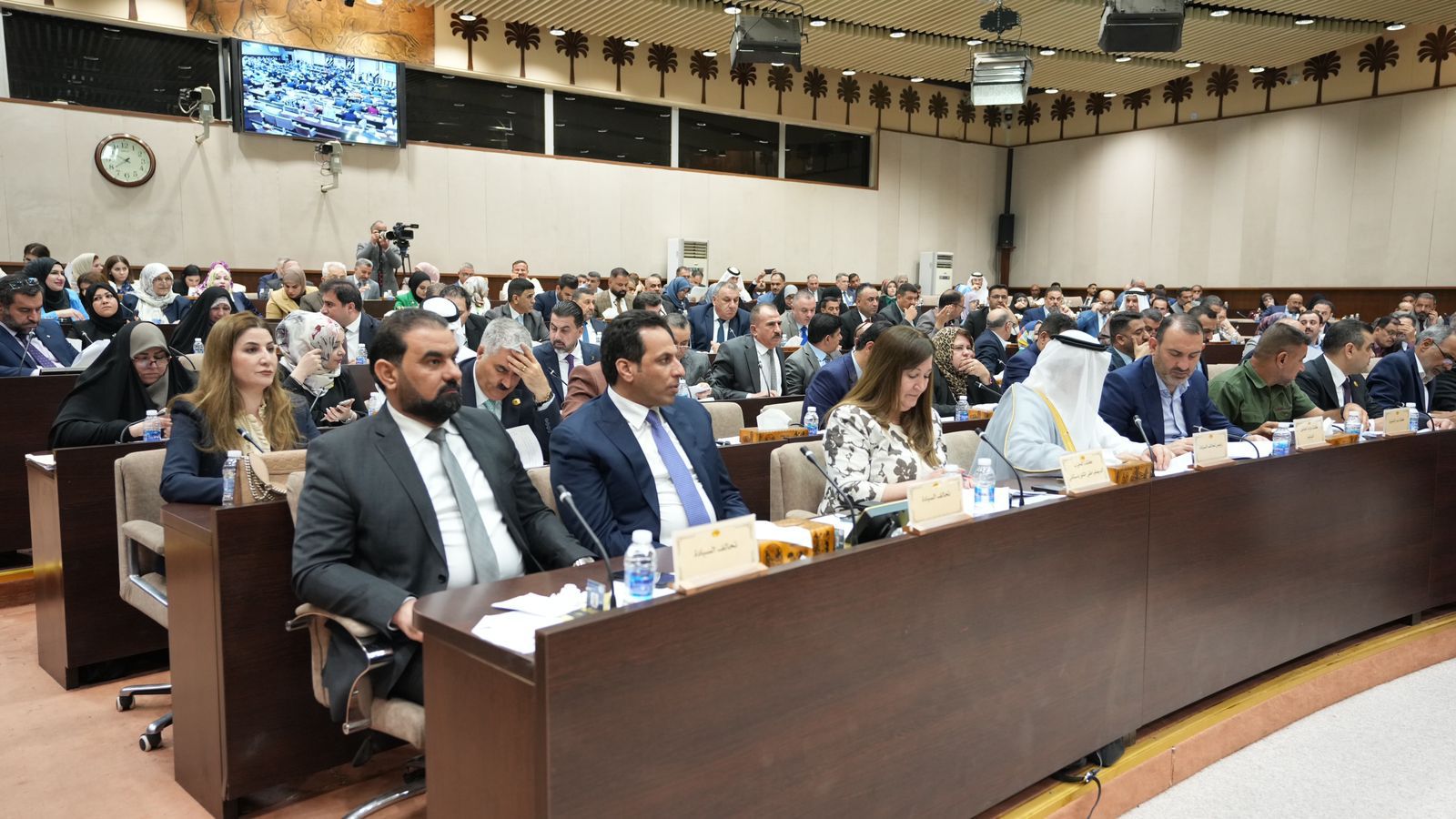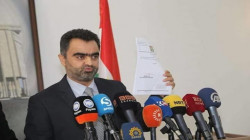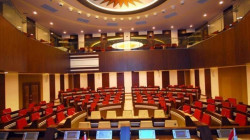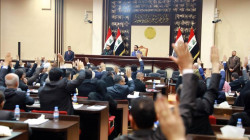Sunni leaders condemn Iraq’s Federal Court ruling on “controversial” laws

Sunni
leaders condemn Iraq’s Federal Court ruling on “controversial” laws
Shafaq News/
On Tuesday, political tensions in Iraq escalated as Sunni leaders in government
and parliament denounced the Federal Supreme Court’s decision to suspend
amendments to three “controversial” laws, accusing the judiciary of political
interference and calling for urgent action.
Court Ruling
and Legal Dispute
Iraq’s
Federal Supreme Court, the country’s highest judicial authority, issued an
injunction suspending amendments to the General Amnesty Law, Personal Status
Law, and Property Restitution Law following a legal challenge by MPs. The
petitioners questioned the laws’ legitimacy, arguing that Parliament passed
them in a single vote rather than debating and approving each separately.
The
amendments were approved in a January 21, 2025 session that also resulted to
remove Speaker Mahmoud Al-Mashhadani, with lawmakers gathering signatures for
his dismissal over alleged constitutional violations in the voting process.
Sunni
Backlash and Calls for Action
The court’s
ruling drew widespread condemnation from Sunni political factions, who argued
that it “obstructs key legislation integral to a broader political agreement.”
Mohammed
Al-Halbousi, Mohammed Ali Tamim Al-Jubouri, and Haibet Al-Halbousi, along with
leaders from Al-Siyada, Taqadum, and the Iraqi National Project, were unified
in rejecting the ruling, saying that the General Amnesty Law was designed to
“rectify wrongful convictions,” and does not apply to individuals convicted of
terrorism.
Sunni
leaders further accused the court of deliberately blocking the law’s
enforcement for political reasons. Mohammed Al-Halbousi vowed to challenge the
decision through legal avenues and called for protests and institutional
boycotts against what he described as “efforts to undermine the people’s will.”
Al-Halbousi
accused the Federal Court of "interference in legislation, disregarding
laws and issuing an unjust ruling against the innocent and wrongfully accused.”
In a
statement, Al-Siyada called for a swift ruling on its constitutionality and
accused lawmakers of exploiting the issue for “political gain” and “inciting
unrest.”
The group reaffirmed
its “respect for the Federal Supreme Court and the constitution” but strongly
opposed the injunction. It argued that the Amnesty Law amendment was part of a
political agreement among national factions and accused certain MPs of
“deliberately obstructing its implementation.”
Meanwhile,
Mohammed Ali Tamim Al-Jubouri stressed the urgent need for a Federal Supreme
Court law, arguing that clearly “defining the court’s authority is essential to
maintaining constitutional balance.” He urged political factions to honor
commitments made during government formation, emphasizing that passing the
legislation should be a top priority before the current parliamentary term
ends.
Jamal
Al-Dari, Secretary-General of the Iraqi National Project, called for an
emergency leadership meeting to address the ruling, warning on X that “ongoing
political disputes, evasion of agreements, and attempts to involve the
judiciary in obstructing parliamentary decisions will push Iraq into further
crises.” He condemned the use of the General Amnesty Law as a “political
bargaining tool” and demanded the immediate enforcement of the political agreement,
which he claimed “remains hidden from the public.”
Haibet
Al-Halbousi and other Sunni lawmakers condemned the court’s use of injunctive
orders, accusing it of “paralyzing Parliament’s legislative role.” He called
the suspension of the General Amnesty Law a “direct violation of parliamentary
authority” and questioned the constitutional legitimacy of Chief Justice Jassim
Abboud Al-Amiri’s intervention in overriding Parliament’s decisions.





